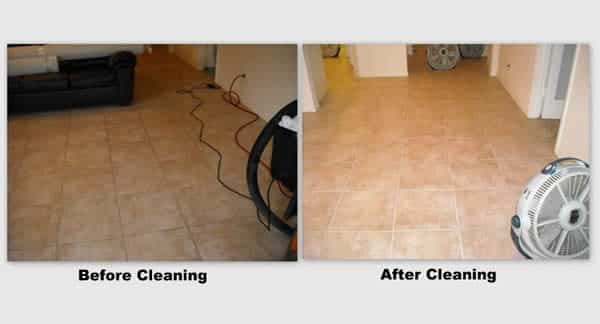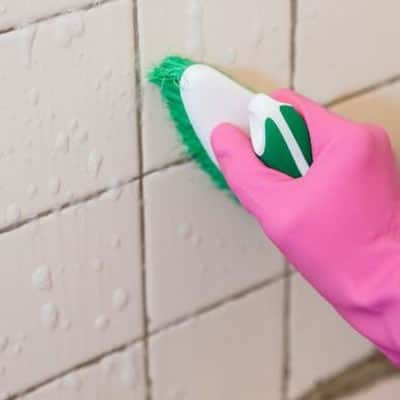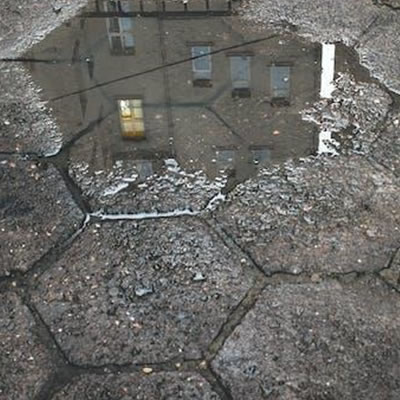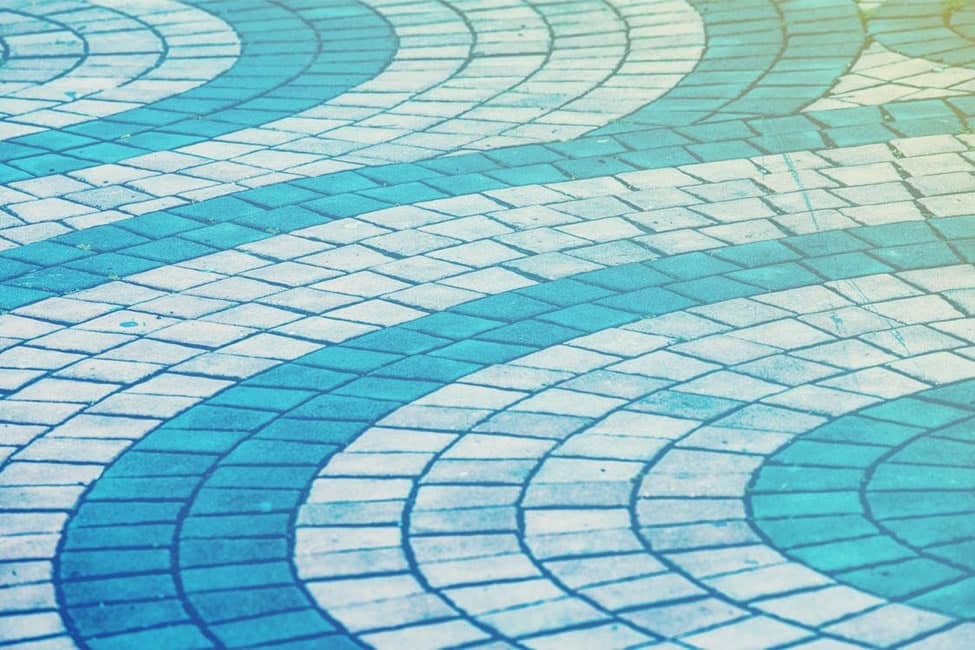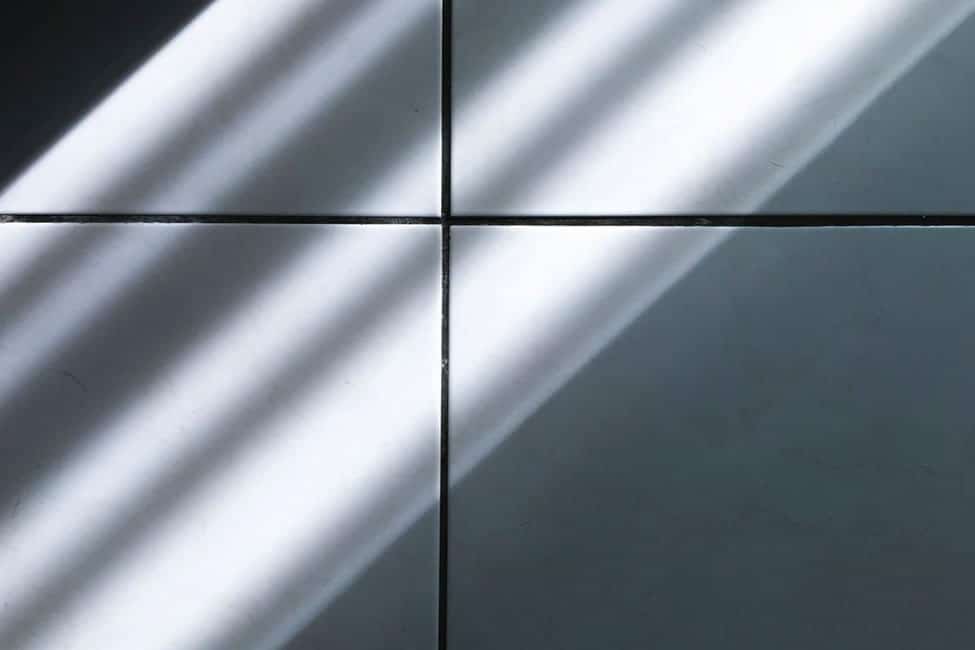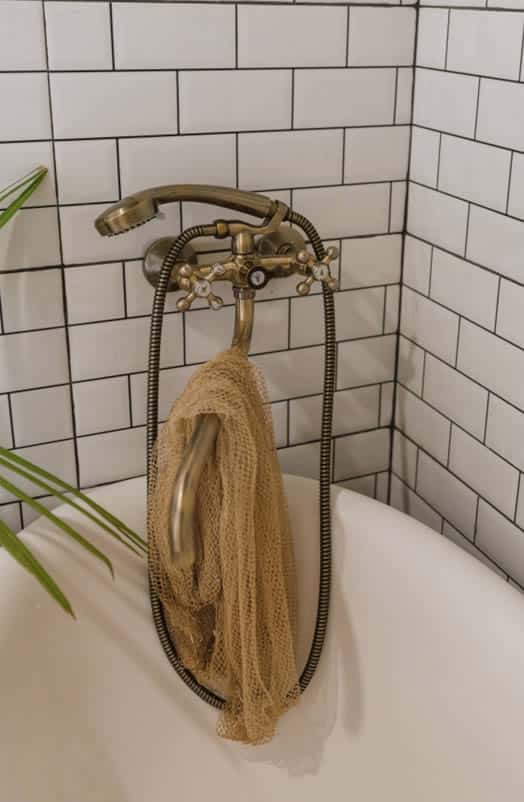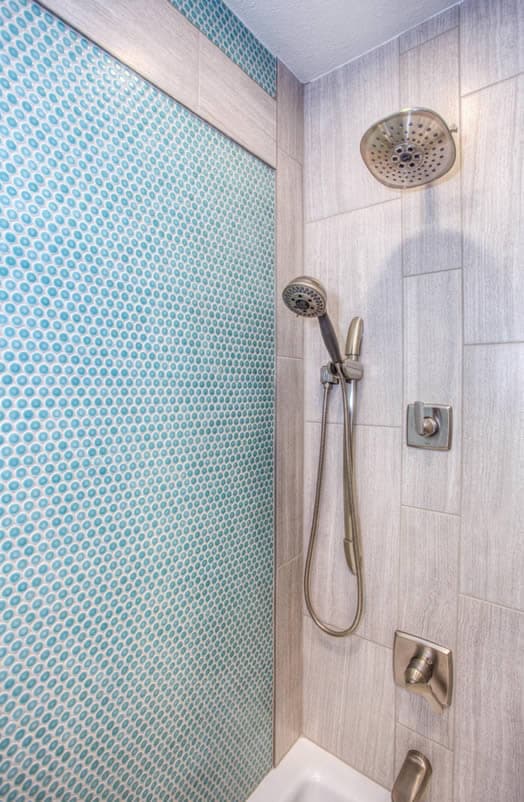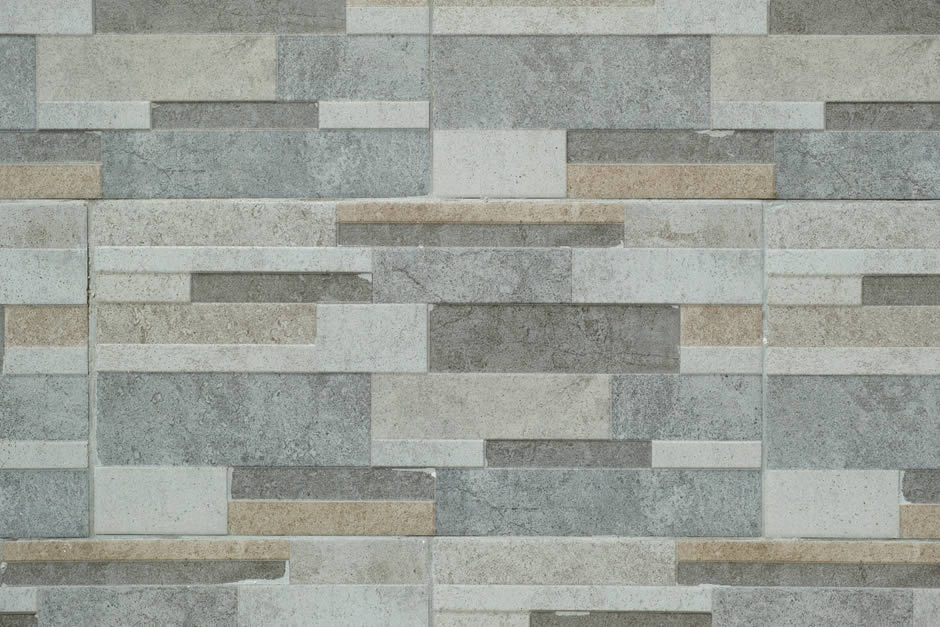Why Disinfect Your Floors?
It’s the worst when you have water damage in your home. You need to figure out where to start, which can be overwhelming, but to disinfect your floors after water damage is an important step that can help prevent mold growth, bacteria, and viruses from taking hold.
1. Mold
Mold is a common problem after water damage; it can grow in as little as 48 hours. There are several types of molds, but regardless of which type is present, the presence of mold on your floors can have serious consequences for your health.
Mold spores are microscopic and float through the air to contaminate any surface they land on. They may be hidden under other debris or carpeting, so if you have water damage in your home, it’s important to look at all flooring surfaces with a high-powered flashlight before disinfecting.
Mold causes allergies and respiratory problems in some people who come into contact with it. It can cause infections in infants, children, and people with weakened immune systems. This includes those receiving chemotherapy treatment for cancer or AIDS patients whose bodies cannot fight off infections well due to medication side effects.
2. Bacteria
If you have a basement or another part of your house that floods often, there could be mold growing on the floor in addition to bacteria. After water damage, bacteria can live on your floors for up to four days. These bacteria can cause infections, allergies, and other problems.
Bacteria can be found in bathrooms, kitchens, and laundry rooms, where you might find water damage. This means that it’s important for these types of surfaces to be disinfected after they’ve been exposed to moisture—but not just any old disinfectant will do!
3. Viruses
The most common viruses that can survive on surfaces for up to 24 hours are in the blood, stool, and vomit. Viruses like this can cause flu, measles, and hepatitis. They can be transmitted to others through contact with contaminated surfaces, so it’s important to disinfect your floors after a flood or some other type of water damage.
4. Bloodborne Pathogens
A bloodborne pathogen is a microorganism that can cause disease in humans. Bloodborne pathogens include Hepatitis B, Hepatitis C, HIV, and other conditions. These bugs can be transmitted through blood, semen, and other body fluids such as vaginal secretions or saliva.
It’s important to note that these pathogens can also be transmitted from one person to another via infected needles and syringes. An example is when someone has been stuck by a contaminated needle at work or even in their home and does not know about it until after being injured with the same needle multiple times over many months (or years).
You should always wear protective gear when cleaning up spilled bodily fluids like blood on your floors after water damage. It may contain infectious agents that spread disease if not appropriately disinfected first!
5. Dust and Debris
One of the biggest problems that come from water damage is the dust and debris that can be left behind. If you don’t remove this dirt, it will cause many health issues for you and your loved ones.
Dust mites are one example of how harmful these things can be. They feast on dead skin cells (the body sheds up to 1/3 pound in dead skin every year) and hang out beds where they feed while we sleep!
These little critters are known to cause asthma attacks in people with allergies or respiratory issues. They also irritate airways and eyes, causing dryness or inflammation around the nostrils, mouth, and throat, making it harder for us to breathe comfortably too!
Conclusion
We hope this blog has helped you understand why it’s so important to disinfect your floors after water damage. If you have any questions, please feel free to contact us. Dirty Grout specializes in cleaning all types of tiles in your home and offers exceptional cleaning services with numerous seasonal discounts, ensuring that your floor looks beautiful while also protecting it from viruses and bacteria.
